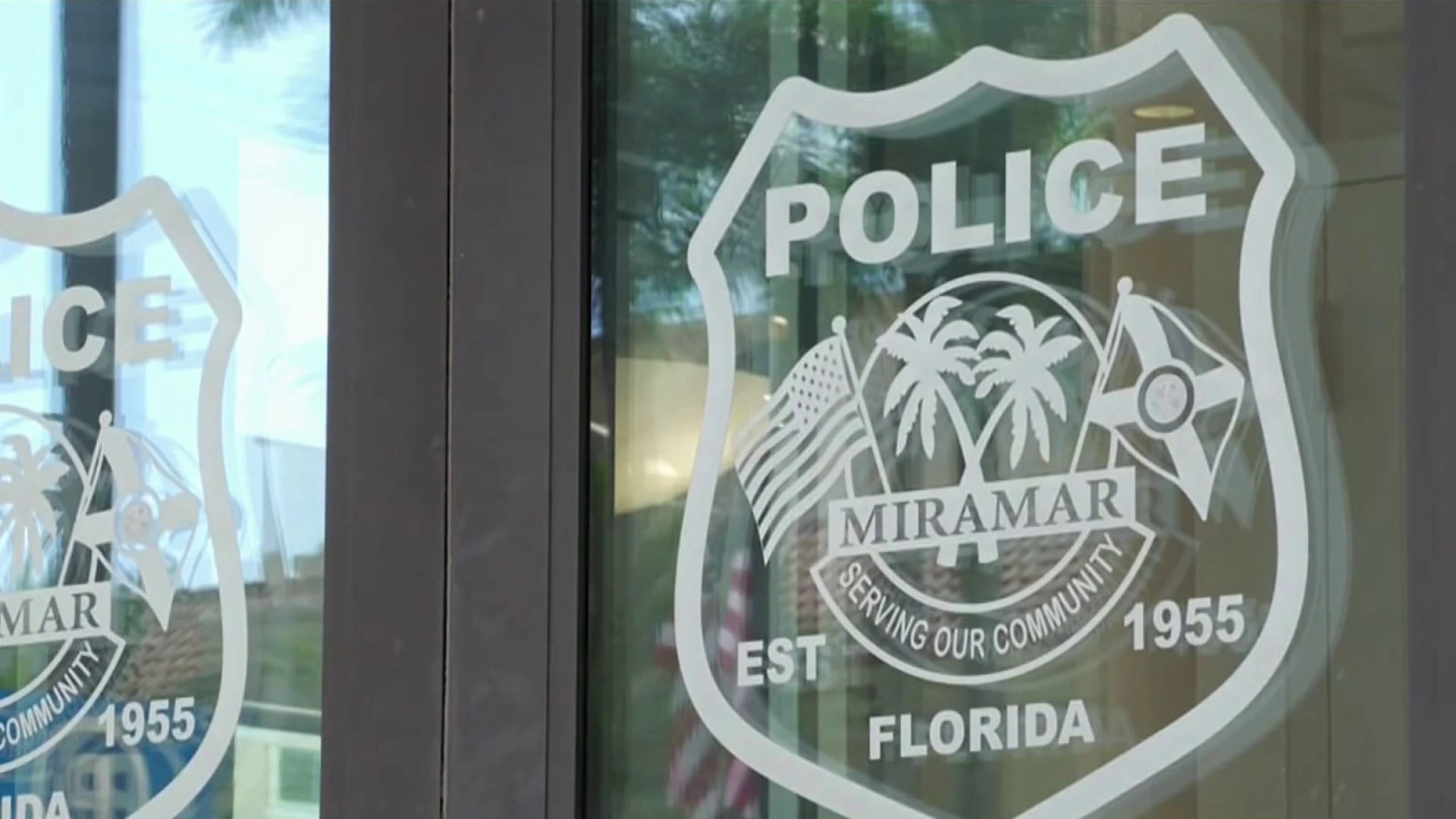Miami residents voted to approve two land proposals – including the Major League Soccer stadium measure – but rejected changing to a "strong mayor" form of government.
Miami residents on Tuesday had an opportunity to reshape the political and literal landscape in three referendum items in a Special Election ballot.
APPROVED – Miami Referendum 1: 'Proposed Charter Amendment for the Lease and Development of a Soccer Stadium and Commercial Complex'
The soccer stadium and commercial complex measure asked residents whether to allow the government to change bidding laws in the city charter that will allow a no-bid deal at the location.
The measure passing now allows the city to move forward with approving the plan by David Beckham and businessman Jorge Mas, among others, to lease land occupied by the Melreese Country Club near Miami International Airport for 99 years.
The massive complex will include a 28,000 seat stadium for a future Major League Soccer franchise, as well as youth soccer fields and spaces for retail shops, hotels and offices.
APPROVED – Miami Referendum 2: 'Proposed Lease of City-Owned Riverfront Land at 444 SW 2 Avenue, Miami, Florida'
This land-deal proposal by the Miami City Commission asks voters to decide whether it should lease city-owned land by the Miami River to a developer.
The 99-year lease will allow Lancelot Miami River LLC to build a mixture of rental and office units on a three-acre location at 444 and 460 SW 2nd Avenue.
REJECTED – Miami Referendum 3: 'Change to Strong Mayor-Commission Form of Government'
Local
Miami Mayor Francis Suarez proposed a "strong mayor" form of government, which would have made the mayor in charge of day-to-day operations.
Currently, the City of Miami Commission sets policy and the city manager handles the day-to-day operations, such as city services, police relations and handling residents’ complaints.
Other cities in Florida, such as Jacksonville, Tampa, Orlando, and Miami-Dade County, have a strong mayor form of government.
Suarez said the measure would have aligned Miami with other major cities, adding that the mayor would receive decision-making powers that voters assume the position has.
Miami Commissioner Joe Carollo criticized the mayor's proposal as a power grab, citing that the way Miami's government is set up has an appropriate separation of power.
Under the "strong mayor" model, the mayor's annual compensation would have increased from $130,000 to $187,000.
[[499722791, C]]



